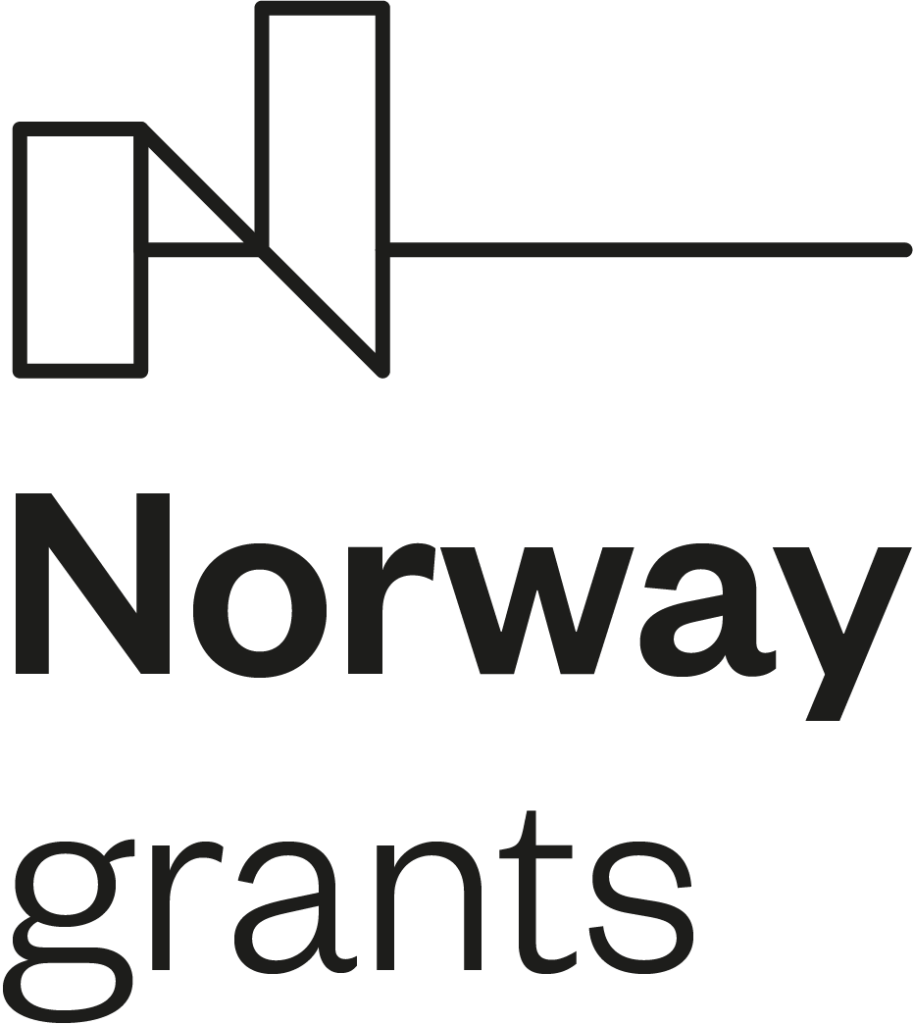Affirmative action boosting up (hereinafter referred to as “DVO”) are specific measures aimed at compensating inequalities and disadvantages, which are collectively called discrimination. They serve to eliminate discrimination against specific groups of people. They aim to create equality in access to employment, education, health care and housing. Their duration is limited in time. The beginning, i.e. the adoption of DVO, is conditioned by the occurrence of discrimination. Their implementation ends when the adverse consequences of discrimination, or discrimination itself, have been compensated and, if possible, have disappeared.
DVO is based on the principle of equal opportunities for all. Through no fault of their own, but because of belonging to a certain long-term disadvantaged group, it is more difficult for some people to get a job or an education. These groups include, for example, national minorities, ethnic groups, women, migrants, or people with disabilities, who are not judged solely on the basis of their abilities on these occasions. DVO is an effective tool for overcoming this disadvantage.
However, overall awareness of this institute is very low in Slovakia, and authorized entities rarely introduce it. At the same time, employers often suffer from a misinterpretation of anti-discrimination legislation, when they consider DVO as positive discrimination, or sometimes even as a violation of the law. The consequence of this ignorance is that employers do not initiate activities exclusively aimed at disadvantaged groups of the population, because they perceive them as unfair to other groups of potential employees.
The purpose of this study is to provide employers and other interested parties with more information about what DVOs are, what their purpose is and why it is beneficial to introduce them in practice. The study was carried out as part of project 2 “Affirmative action boosting up to increase the employment and education of Roma”, the purpose of which is to increase awareness of DVO and their better use in the employment of Roma men and women, especially from marginalized Roma communities. The project is co-financed by the Norwegian Financial Mechanism 2014-2021 and the state budget of the Slovak Republic and implemented by the Labor Agency of the Banská Bystrica Self-Governing Region in cooperation with the Slovak National Center for Human Rights (hereinafter referred to as the “Center”) and the Norwegian non-profit organization Stiftelsen Mangfold i Arbeidslivet. Norway, as part of the project, the transfer of good practice in the area of adoption and implementation of DVO from Norway is ensured.In this context, the presented study also includes Norwegian legislation and examples of good practice of using DVO by two Norwegian companies.
The study is divided into two parts. The first deals with the theoretical starting points of the DVO from the point of view of international and regional standards in the field of human rights, specifically at the level of the United Nations, the Council of Europe and the European Union. At the same time, it brings closer the legal framework regulating the adoption and implementation of DVO from the perspective of Slovak and Norwegian legislation. The second part focuses on the implementation of DVO in practice, while clarifying the advantages of adopting DVO, as well as the main challenges faced by entities when implementing them. The practical part includes examples of good practice from abroad and from Slovakia, which serve as a source of inspiration for employers who decide to implement DVO in their workplaces.


